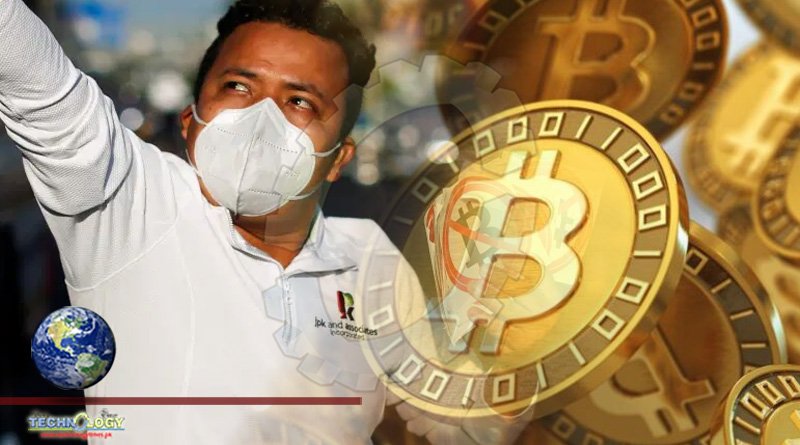El Salvador President has claimed the move would increase financial inclusion, investment, tourism, innovation and economic development.

EI Salvador President added that the use of Bitcoin in the country will be optional, and salaries and pensions will continue to be paid in US dollars.
Citizens have protested against it, complaining that there has been too little explanation from officials about what benefit Bitcoin will bring and how transactions using the cryptocurrency will work.
Claudia Molina, a 42-year-old who sells T-shirts and souvenirs, criticised the plan.Advertisement
“We don’t know the currency. We don’t know where it comes from. We don’t know if it’s going to bring us profit or loss. We don’t know anything,” she told Reuters.
They haven’t given us training. They haven’t told us what we’re going to use or how to make the change,” she added.
Foreign cryptocurrency enthusiasts have supported El Salvador’s move, with a movement stirring for people to buy $30 in the cryptocurrency together to mark the law coming into effect, potentially driving up the price.
Bitcoin is now trading at more than $51,000 (£37,000) its highest since May, when it fell sharply after China announced curbs on cryptocurrency transactions.
El Salvador has begun to install Bitcoin ATMs in cities around the country where citizens will be able to convert their digital tokens into cash, backed by a $150m (£108m) government fund.
Polls have reported that most Salvadorans are opposed to the adoption of Bitcoin, despite the government pledging to provide $30 (£22) in the token to each citizen through a state-provided digital wallet.
Carlos Carcah, a professor at El Salvador’s Superior School of Economics and Business, argued that adoption of Bitcoin as legal tender “is not necessary, nor convenient”.
He added: “As long as there is someone who accepts payment with Bitcoin, the same as they accept dollars, there wouldn’t be problems.”
He noted that Bitcoin is extremely volatile, so investors “run the risk of becoming rich and the next day being poor”.
El Salvador’s own currency, the Salvadoran colon, was replaced by the US dollar in 2001.
The country depends heavily on money which citizens based abroad, often in the US, send home and these remittances to El Salvador were worth almost $6bn in 2019, amounting to 16% of El Salvador’s gross domestic product.
The country moved to using the US dollar as legal tender as a result of these remittances, and the move to Bitcoin is based on an expectation that more Salvadorans will begin sending money home using the cryptocurrency.
Source Sky News
